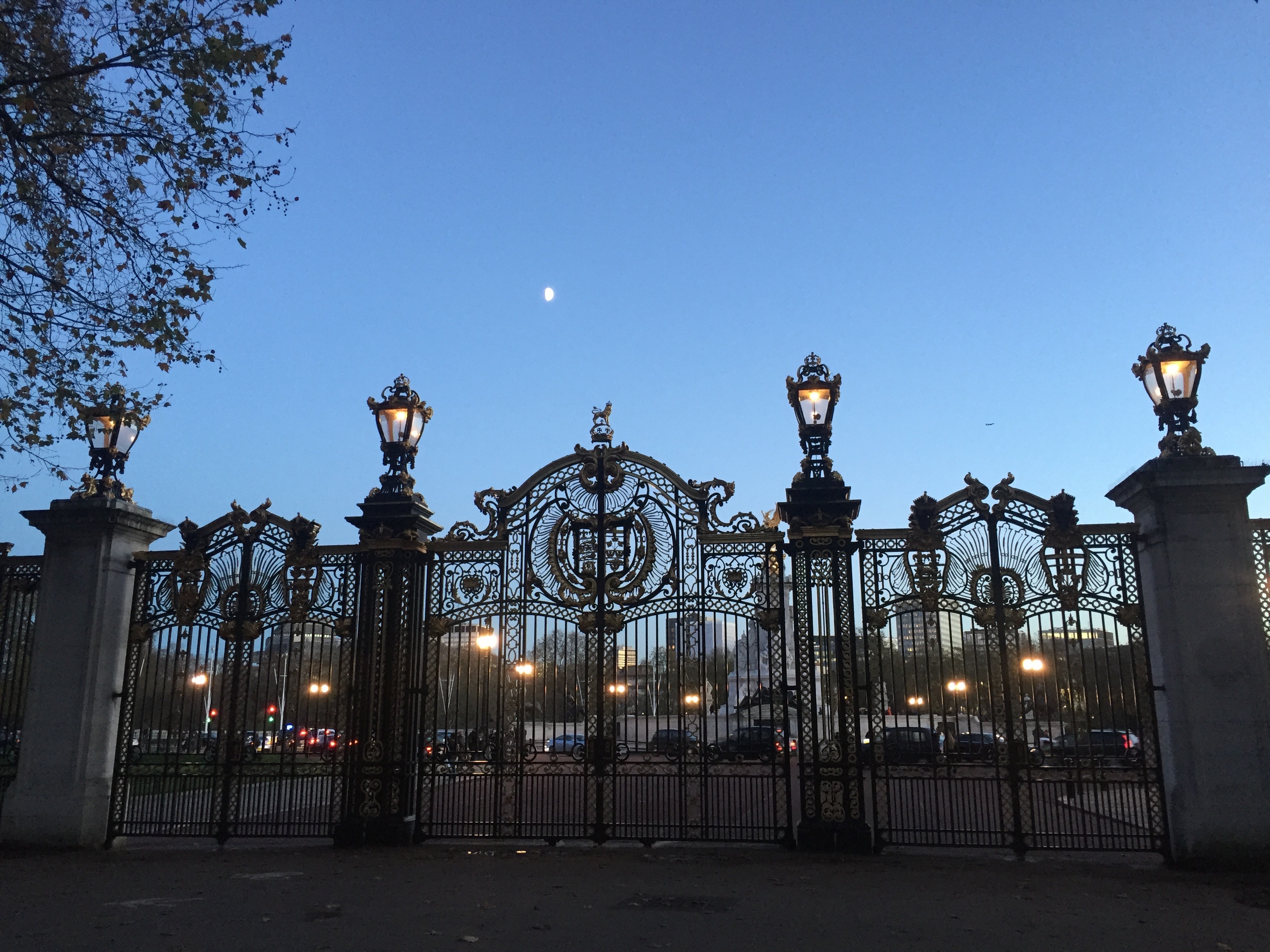Support a Candidate; But Protect the Constitution
- Special Report for the National Security Forum
- By Rick Saunders
It is gratifying that President Trump, in his first days in office, personally reached out to two institutions essential to the security of our nation—the U.S. military at the Salute to Our Armed Services Ball on Inauguration Day and the visit to CIA Headquarters the next day. But at both events he seemed to conflate individual political support and institutional loyalty. As institutions, the military and the intelligence community support the President because he is Commander in Chief. As individuals, soldiers and intelligence officers vote and otherwise participate in politics as appropriate under the rules governing their professions. President Trump said things at both events which imply a lack of appreciation for this critical distinction.
At the Armed Services Ball, Trump told the assembled crowd that he “liked the fact that you all voted for me.” Later, in response to a question from a service member, he expressed gratitude for “…the support you’ve given me.” Since at that point he had been President for about nine hours, he can only have been talking about support during the election. Interestingly, the First Lady subsequently expressed the more conventional—and appropriate in this case—thanks for your service.
The remarks at the ball might be written off as enthusiasm late in an exhilarating day. Nevertheless, the President returned to the same theme the next day in a more formal venue—in front of the CIA Memorial Wall. There he said that the military “gave us a tremendous percentage of votes. We were unbelievably successful in the election in getting the vote of the military.” And followed with, “probably most everyone in this room voted for me” because we are on the same “wavelength.”
Of course, serving military and intelligence personnel have the right to vote for whomever they want as well as to engage in political activities as allowed by law and regulation. But as members of organizations charged with guarding our national security, our service to the nation must always be strictly apolitical—as must be the organizations themselves. That is a cornerstone of our democracy. It is why we all—including the President—swear our oaths to protect and defend the Constitution of the United States. Political preference is irrelevant. Service to the Commander in Chief and defense of the Constitution are what matter.
Fortunately, our nation enjoys a long tradition of unquestioned, apolitical service by its armed forces and other national security agencies. This tradition will continue under this and future Presidents. As he rightfully honors the bravery and contributions of the military, intelligence, and law enforcement personnel who protect us, our new President must always distinguish between individuals’ personal political views—whatever they may be—and professional service to the nation. The former may be a legitimate concern of a campaign staff during an election cycle. The latter is the business of a Commander in Chief.
* * *
Rick Saunders served as an Army officer for 28 years, including as a member of President Reagan’s National Security Council Staff and as Deputy National Security Advisor to Vice President Gore. Since leaving active duty, he has worked with government agencies and businesses involved in homeland security.


